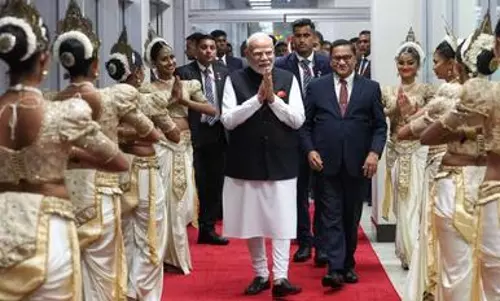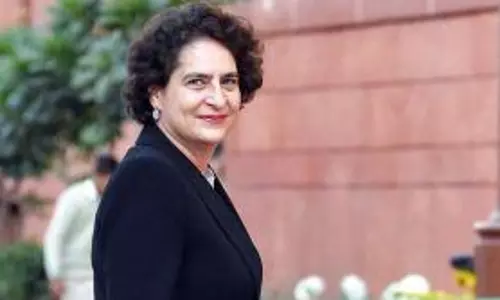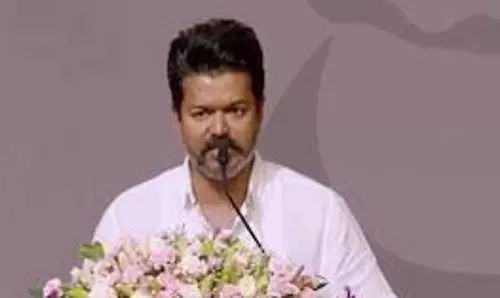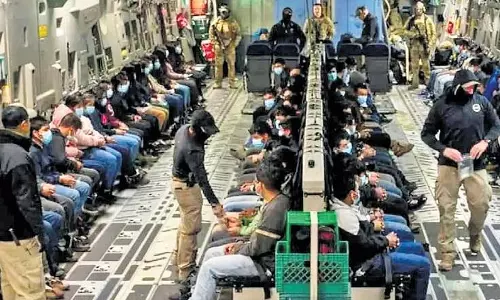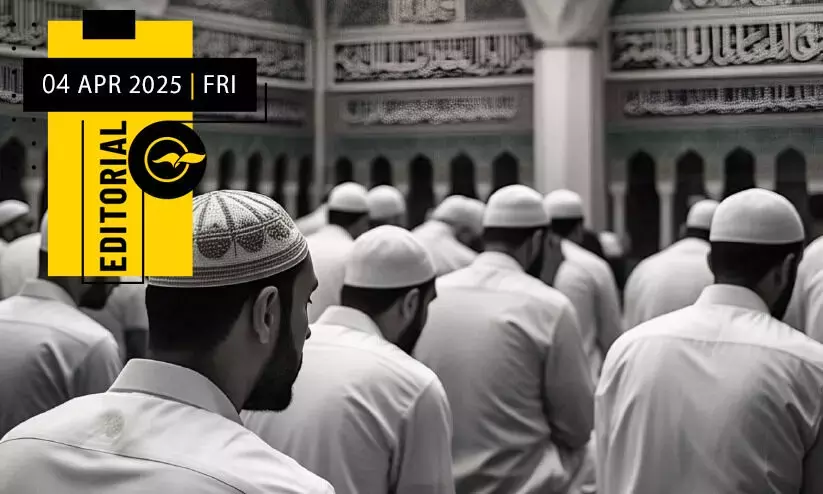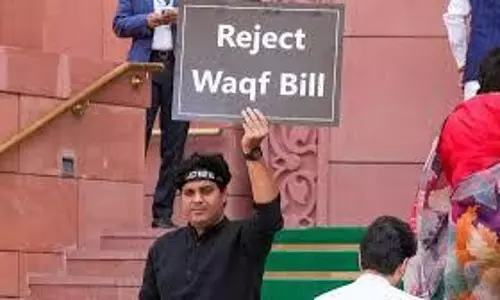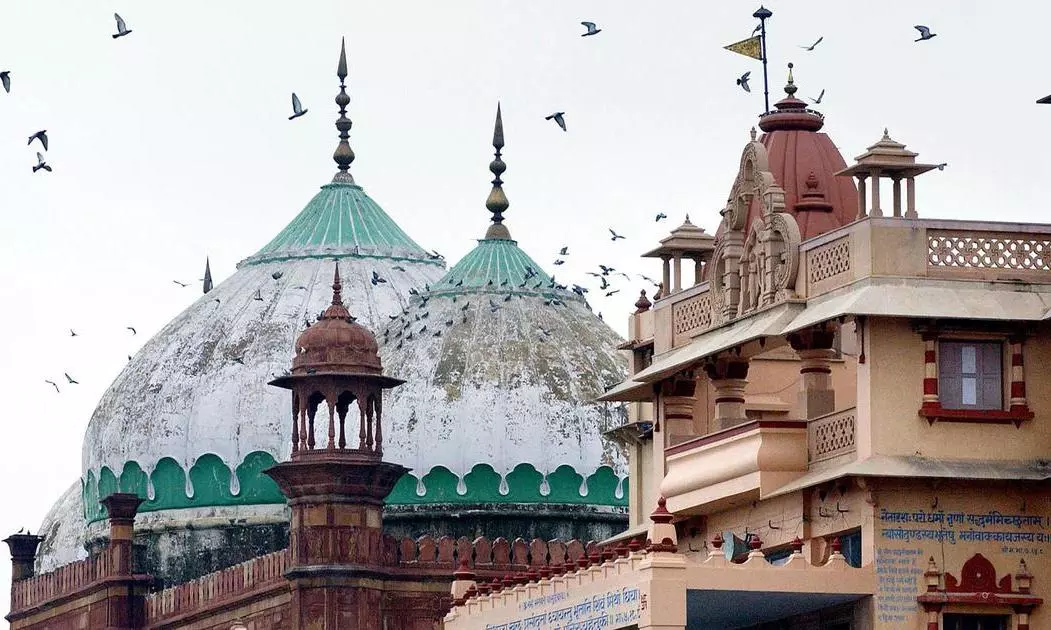
Shahi Idgah committee challenges in SC Hindu side’s claim it cannot function as mosque
text_fieldsThe management committee of the Shahi Idgah mosque in Uttar Pradesh’s Mathura has approached the Supreme Court to challenge an order passed by the Allahabad High Court, which allowed the inclusion of the Archaeological Survey of India (ASI) and the Union government as parties to a suit involving the dispute over the mosque's location, which Hindu litigants claim is the birthplace of deity Krishna, Live Law reported.
The dispute centres on a 13.37-acre complex that houses both the Shahi Idgah mosque and the Katra Keshav Dev temple, with Hindu litigants asserting that the mosque was constructed on the ruins of a temple after it was demolished, and they had sought the involvement of the ASI and the Centre on the grounds that the structure is a protected monument which, they contend, cannot be used as a mosque.
On March 5, the Allahabad High Court permitted the plaintiff’s request to amend the suit and include the ASI and the Union government, with the Hindu side further arguing that the Places of Worship Act, 1991, which prohibits altering the status of religious structures as they existed on August 15, 1947, does not apply to the site in question, given the unique nature of the claims.
Following this, the mosque committee filed a petition in the Supreme Court, asserting that the High Court’s order effectively allowed a new case to be made by the plaintiffs, as they were allegedly trying to circumvent the legal defence under the Places of Worship Act by introducing new parties and claims.
However, the Supreme Court bench comprising Chief Justice Sanjiv Khanna and Justices Sanjay Kumar and KV Viswanathan issued notices to the Hindu litigants while noting, in its preliminary observation, that the High Court order appeared legally sound and did not, at this stage, delve into the merits of the case.
The court orally remarked that if the defence relied on the applicability of the Places of Worship Act, then the plaintiffs were entitled to amend their plaint to argue that the law does not apply, and rejected the mosque committee’s contention that the amendment amounted to a fresh case being introduced.
The matter has been scheduled for further hearing on April 8, while the Supreme Court’s interim stance suggests that procedural aspects of amending a suit and adding parties were within the permissible legal framework.




